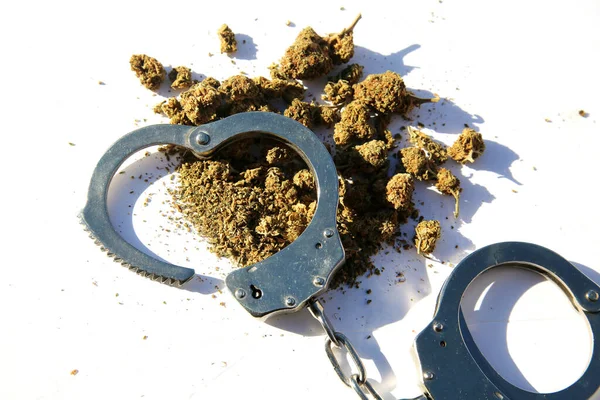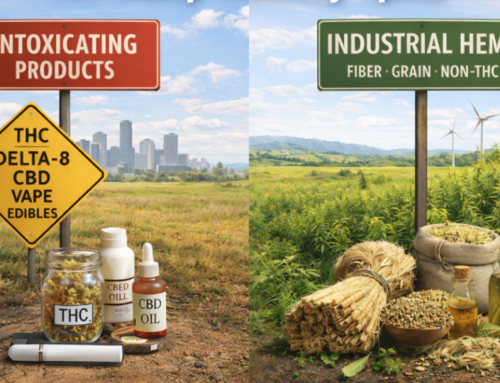Federal Indictment Uncovers Extensive Illegal Cannabis Operation on Navajo Nation
LOS ANGELES- A federal grand jury indicted Dineh Benally, 48; his father, Donald Benally, 74; and business associate Irving Rea Yui Lin, 73, on charges related to an illicit cannabis cultivation enterprise spanning New Mexico and the Navajo Nation. The indictment, unsealed in late January, followed coordinated raids by local, state, and federal authorities on properties east of Albuquerque. These operations resulted in the seizure of approximately 8,500 pounds of cannabis, methamphetamine, firearms, $35,000 in cash, illegal pesticides, and a bulletproof vest.
The defendants face multiple charges, including conspiracy to manufacture and distribute cannabis, possession with intent to distribute, and polluting a protected waterway. Prosecutors have described the operation as a “brazen criminal enterprise” and have requested that the defendants be detained pending trial, citing potential flight risks and community danger.
Dineh Benally previously attracted attention in 2020 when federal authorities raided cannabis farming operations he oversaw in northwestern New Mexico. These activities led to a court order halting operations after the Navajo Department of Justice filed a lawsuit against him. Additionally, a group of Chinese immigrant workers sued Benally and his associates, alleging they were coerced into laboring long hours in cannabis cultivation on the Navajo Nation, where such activities are illegal.
The recent indictment alleges the construction of over 1,100 cannabis greenhouses, solicitation of Chinese investors, and recruitment of Chinese workers for cultivation. It also accuses Donald Benally of attempting to bribe the Navajo Nation’s police chief to permit cannabis cultivation on tribal lands. The defendants are further charged with environmental violations, including constructing an unauthorized dam on the San Juan River to irrigate crops.
If convicted, each defendant faces a mandatory minimum sentence of 10 years, with the possibility of life imprisonment. This case underscores the challenges of regulating cannabis cultivation, especially in regions with complex jurisdictional and legal frameworks.




































